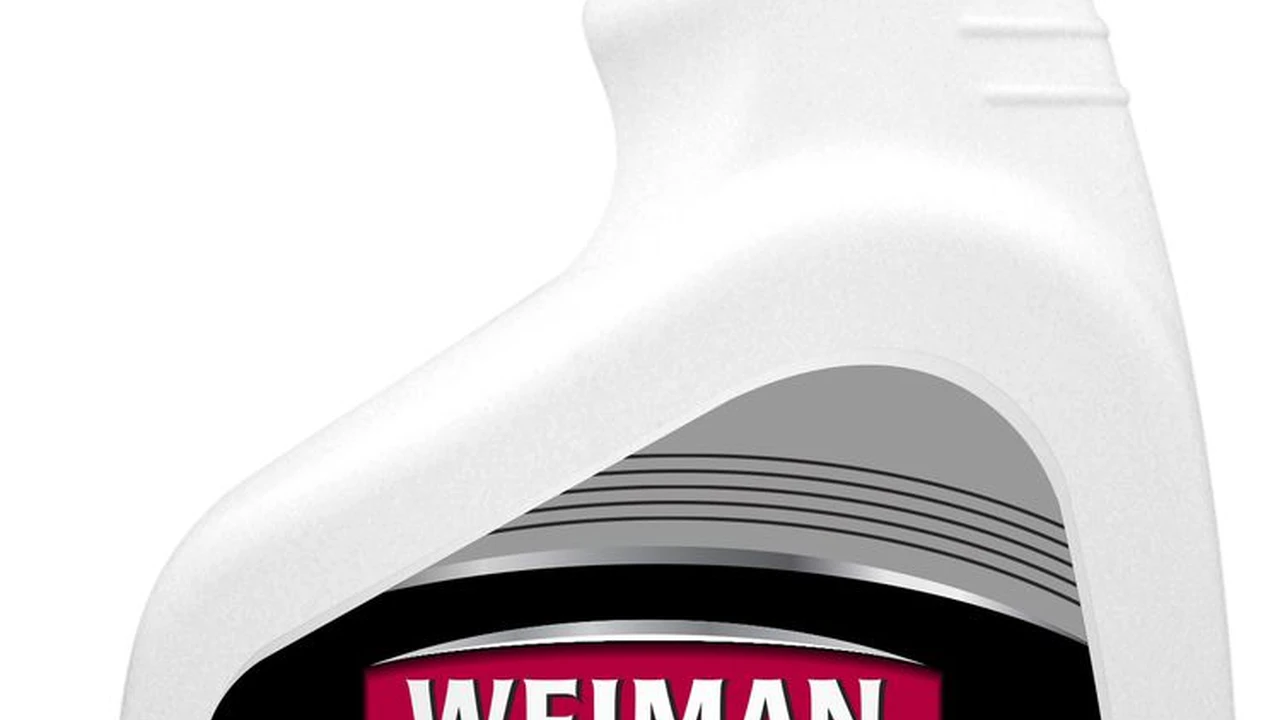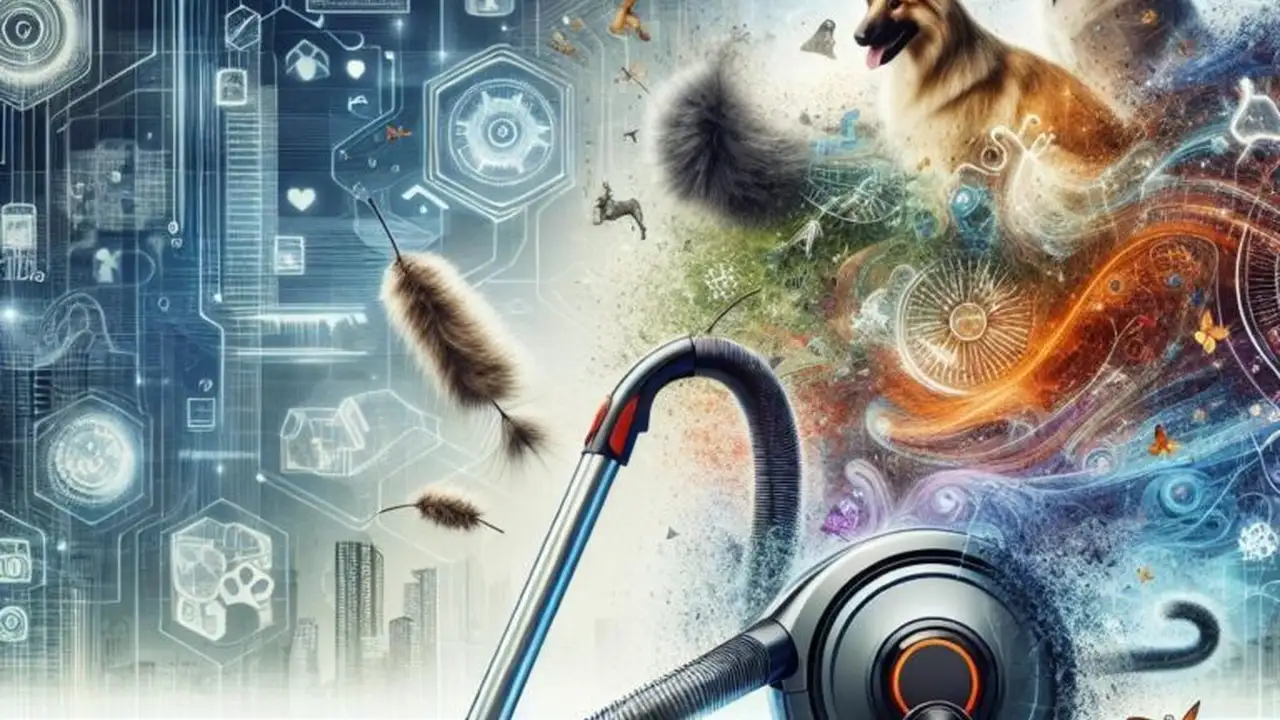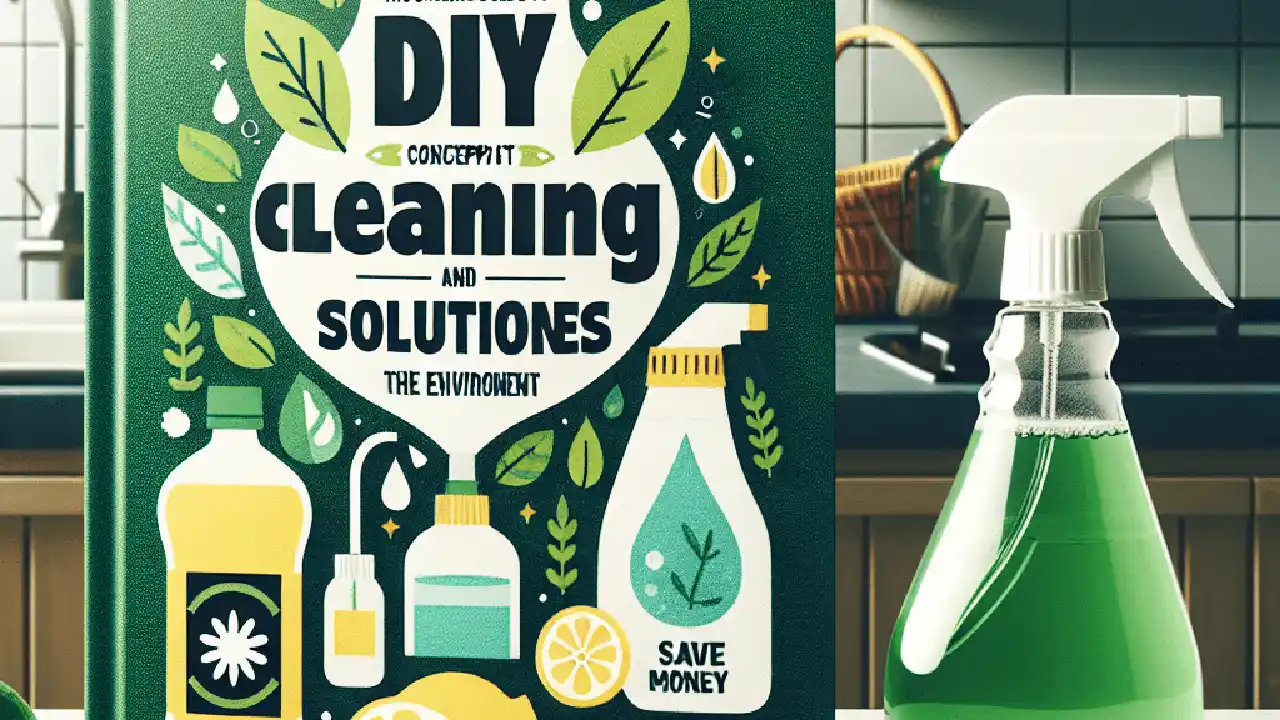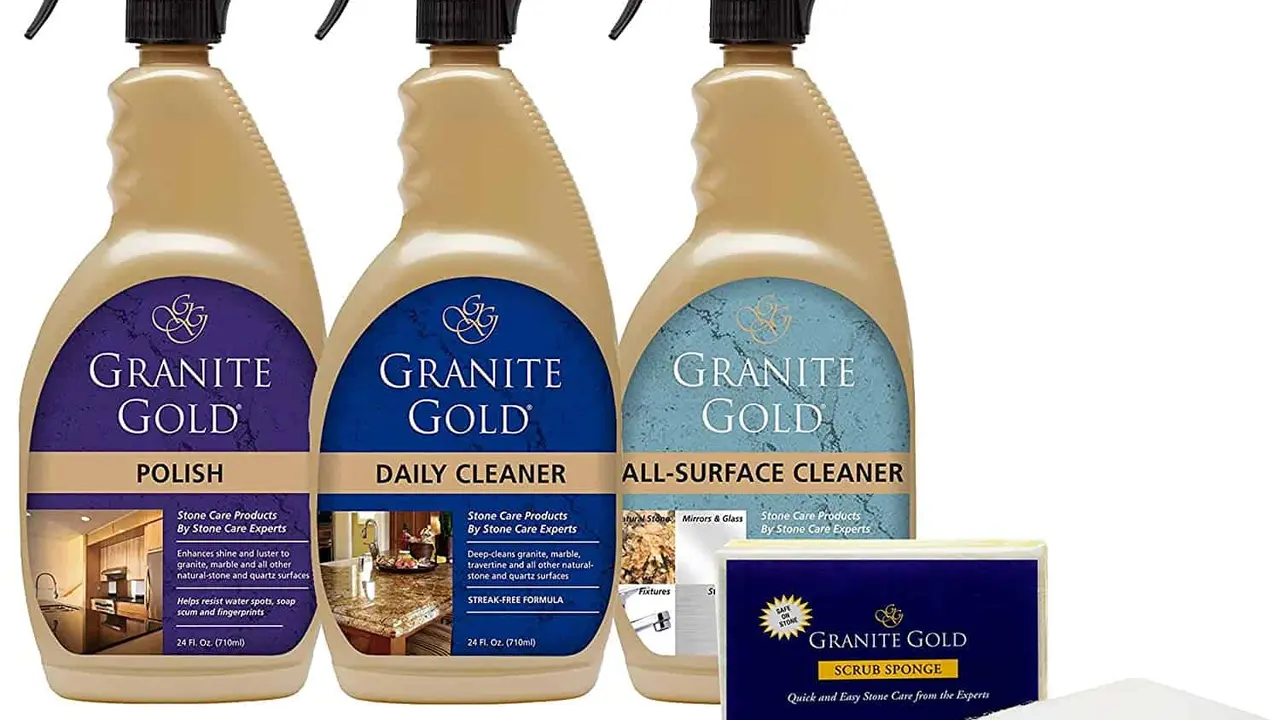Air Duct Cleaning Services: Improving Indoor Air Quality
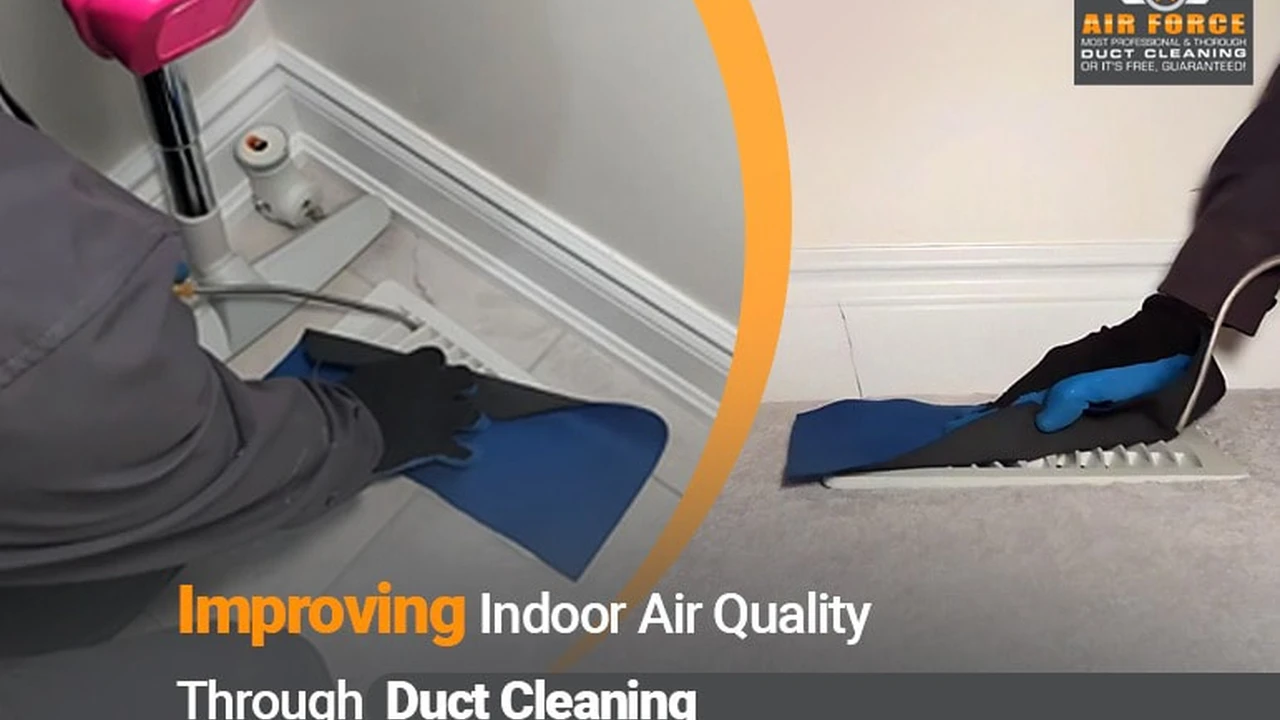
Understanding the Importance of Air Duct Cleaning for Home Air Quality
Hey there! Let's talk about something super important but often overlooked: your air ducts. You know, those metal pathways hidden behind your walls and ceilings that carry heated or cooled air throughout your home? They can get pretty nasty over time, collecting dust, pollen, pet dander, mold spores, and all sorts of other ickiness. Think of it like this: your air ducts are like the lungs of your home. If they're clogged, your home's breathing gets seriously compromised. And that means you're breathing in all that junk. Not fun, right?
So, why is clean air so crucial? Well, for starters, it impacts your health. Allergies acting up? Asthma getting worse? Constant sniffles? Dirty air ducts could be a major culprit. Beyond health, clean air just makes your home feel better. Less dust settling on surfaces, fewer weird smells, and an overall sense of freshness. It's a win-win!
Identifying the Signs You Need Air Duct Cleaning Services
Okay, so how do you know if your air ducts are screaming for a cleaning? Here are a few telltale signs:
- Visible Dust and Debris: Take a peek at your vent covers. If you see a thick layer of dust or even noticeable debris, that's a red flag.
- Musty or Stale Odors: Do you smell a funky odor when your AC or heat kicks on? That could be mold or mildew lurking in your ducts.
- Increased Allergy Symptoms: Are you sneezing and coughing more than usual, especially when you're at home? Your air ducts could be the source of the problem.
- Inconsistent Airflow: Are some rooms colder or hotter than others? Dirty ducts can restrict airflow.
- Higher Energy Bills: A clogged system has to work harder, which means your energy bills could be higher than they should be.
- Mold Growth: If you can visually see mold around your vents or inside the ductwork (difficult to see, but possible!), it's time for professional cleaning.
If you're experiencing any of these, it's definitely worth considering an air duct cleaning.
The Air Duct Cleaning Process Step by Step
So, what actually happens during an air duct cleaning? Here's a breakdown:
- Inspection: A qualified technician will inspect your ductwork to assess the level of contamination and identify any potential problems. They'll use tools like cameras to get a good look inside.
- Preparation: The technician will seal off vents and registers to prevent dust and debris from escaping into your home. They'll also use protective coverings to protect your furniture and flooring.
- Loosening Debris: Using specialized tools like brushes, air whips, and vacuums, the technician will loosen the dust, dirt, and other contaminants that are stuck to the inside of your ducts.
- Vacuuming: A powerful HEPA-filtered vacuum will be used to remove the loosened debris from your ductwork. This is the most important step, as it ensures that the contaminants are actually removed from your home.
- Sanitization (Optional): In some cases, the technician may recommend sanitizing your ducts with a disinfectant to kill any remaining bacteria, mold, or mildew.
- Final Inspection: Once the cleaning is complete, the technician will inspect the ductwork again to ensure that it's clean and free of debris.
Choosing the Right Air Duct Cleaning Company: What to Look For
Not all air duct cleaning companies are created equal. Here's what to look for when choosing a company:
- NADCA Certification: NADCA (National Air Duct Cleaners Association) is a non-profit organization that sets standards for air duct cleaning. Choose a company that is NADCA certified. This ensures that they have the proper training and equipment to do the job right.
- Experience and Reputation: Look for a company with a proven track record and positive reviews. Check online review sites like Yelp and Google Reviews.
- Proper Equipment: Make sure the company uses specialized equipment, including HEPA-filtered vacuums and brushes designed for air duct cleaning. Avoid companies that use household vacuums or other inadequate equipment.
- Transparent Pricing: Get a detailed estimate in writing before work begins. Be wary of companies that offer extremely low prices, as they may cut corners or add hidden fees later on.
- Insurance and Licensing: Make sure the company is properly insured and licensed to operate in your area.
Air Duct Cleaning Cost Factors and Pricing Guide
The cost of air duct cleaning can vary depending on several factors, including:
- Size of Your Home: Larger homes with more ductwork will generally cost more to clean.
- Level of Contamination: Heavily contaminated ducts will require more time and effort to clean.
- Accessibility: Ductwork that is difficult to access may increase the cost.
- Location: Prices can vary depending on your geographic location.
- Company: Different companies have different pricing structures.
Generally, you can expect to pay anywhere from $300 to $1000 or more for air duct cleaning. Get quotes from multiple companies to compare prices.
Air Purifier Recommendations for Enhanced Indoor Air Quality After Duct Cleaning
Cleaning your air ducts is a fantastic start, but to really boost your indoor air quality, consider adding an air purifier. Here are a few recommendations, covering different price points and needs:
H2 Air Purifier Options and Comparisons
Levoit Core 300S Air Purifier
Description: A budget-friendly option perfect for smaller rooms. It features a three-stage filtration system (pre-filter, HEPA filter, activated carbon filter) to capture dust, pollen, pet dander, smoke, and odors.
Use Case: Ideal for bedrooms, offices, or nurseries. Great for allergy sufferers and pet owners.
Pros: Affordable, compact, quiet operation, smart features (can be controlled via app).
Cons: Smaller coverage area, filter needs to be replaced every 6-8 months.
Price: Around $100.
Blueair Blue Pure 211+ Air Purifier
Description: A powerful air purifier designed for larger rooms. It also uses a three-stage filtration system and boasts a high Clean Air Delivery Rate (CADR).
Use Case: Suitable for living rooms, family rooms, or open-concept spaces. Effective at removing allergens, dust, and odors.
Pros: Large coverage area, simple to use, washable pre-filter.
Cons: Can be a bit noisy on higher settings, replacement filters can be expensive.
Price: Around $300.
Dyson Purifier Cool Formaldehyde TP09
Description: A premium air purifier that not only removes pollutants but also destroys formaldehyde. It features a HEPA filter, an activated carbon filter, and a catalytic filter.
Use Case: Best for homes with new furniture, renovations, or known sources of formaldehyde. Also functions as a cooling fan.
Pros: Advanced filtration, removes formaldehyde, cooling fan, smart features, stylish design.
Cons: Very expensive, filters need to be replaced periodically.
Price: Around $700.
H2 Comparing Air Purifier Features and Prices
Here's a quick comparison table:
| Air Purifier | Room Size | Filtration | Features | Price (Approx.) |
|---|---|---|---|---|
| Levoit Core 300S | Small | HEPA, Carbon, Pre-filter | Smart features, Quiet | $100 |
| Blueair Blue Pure 211+ | Large | HEPA, Carbon, Pre-filter | Large coverage, Simple | $300 |
| Dyson TP09 | Large | HEPA, Carbon, Catalytic | Formaldehyde removal, Fan, Smart | $700 |
Choosing the Right Air Purifier: Consider the size of your room, your budget, and any specific air quality concerns you have (e.g., allergies, formaldehyde). Read reviews and compare features before making a purchase.
Maintaining Clean Air Ducts: Tips and Best Practices
Once you've had your air ducts cleaned, you'll want to keep them clean! Here are some tips:
- Change Your Air Filters Regularly: This is the most important thing you can do to prevent dust and debris from accumulating in your ducts. Change your filters every 1-3 months, depending on the type of filter and the level of dust in your home.
- Seal Air Leaks: Seal any air leaks in your ductwork to prevent dust and debris from being drawn in. You can use duct tape or mastic sealant to seal leaks.
- Control Humidity: High humidity can promote mold growth in your ducts. Use a dehumidifier to keep humidity levels below 50%.
- Regularly Vacuum Your Home: Vacuuming your home regularly will help to reduce the amount of dust and debris that can enter your air ducts.
- Consider Professional Cleaning Every Few Years: Even with proper maintenance, your air ducts will eventually need to be cleaned again. Schedule a professional cleaning every 3-5 years.
Air Duct Cleaning Scams and How to Avoid Them
Unfortunately, there are some unscrupulous companies out there that try to take advantage of homeowners with air duct cleaning scams. Here's how to avoid them:
- Be Wary of Extremely Low Prices: If a company offers a price that seems too good to be true, it probably is. They may cut corners or add hidden fees later on.
- Ask for References: A reputable company will be happy to provide you with references from past customers.
- Check Online Reviews: Read online reviews to see what other customers have to say about the company.
- Get a Written Estimate: Get a detailed estimate in writing before work begins. Make sure the estimate includes all costs, including labor, materials, and taxes.
- Don't Pay Upfront: Avoid companies that require you to pay the entire cost upfront. A reputable company will typically only require a deposit.
- Trust Your Gut: If something feels off, don't be afraid to walk away.
Frequently Asked Questions About Air Duct Cleaning
Still have questions? Here are some frequently asked questions about air duct cleaning:
- How often should I have my air ducts cleaned? Every 3-5 years is generally recommended.
- Is air duct cleaning worth it? If you have allergies, asthma, or other respiratory problems, or if you notice signs of dirty air ducts, then air duct cleaning can be a worthwhile investment.
- Can I clean my air ducts myself? While you can clean your vent covers yourself, it's best to leave the actual duct cleaning to professionals. They have the specialized equipment and training to do the job safely and effectively.
- Will air duct cleaning improve my energy bills? Yes, in some cases. Dirty air ducts can restrict airflow, which can make your HVAC system work harder and use more energy.
- Is air duct cleaning safe? Yes, when done properly by a qualified professional. Make sure the company you choose uses HEPA-filtered vacuums and follows industry best practices.
:max_bytes(150000):strip_icc()/277019-baked-pork-chops-with-cream-of-mushroom-soup-DDMFS-beauty-4x3-BG-7505-5762b731cf30447d9cbbbbbf387beafa.jpg)



